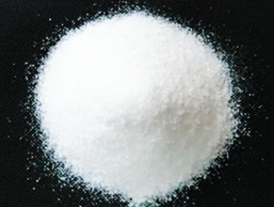
Anticoagulants are substances that prevent or reduce blood clotting. They are crucial in medical settings to manage conditions where blood clots can be dangerous, such as in patients with atrial fibrillation or those at risk of deep vein thrombosis. Commonly used anticoagulants include heparin, warfarin, and newer direct oral anticoagulants (DOACs) like dabigatran, rivaroxaban, and apixaban. These drugs work by inhibiting various components of the blood clotting process.
In dental care, anticoagulants are also important. For example, ACD (acid citrate dextrose) anticoagulant is used in blood collection for DNA extraction, as it helps preserve high molecular weight DNA. This is particularly useful in research and diagnostic applications.
The use of anticoagulants requires careful monitoring to balance the risk of excessive bleeding against the need to prevent clotting. They are typically prescribed by healthcare professionals who can adjust dosages based on a patient's specific needs and responses. It's important that patients using anticoagulants are aware of potential interactions with other medications and foods.
